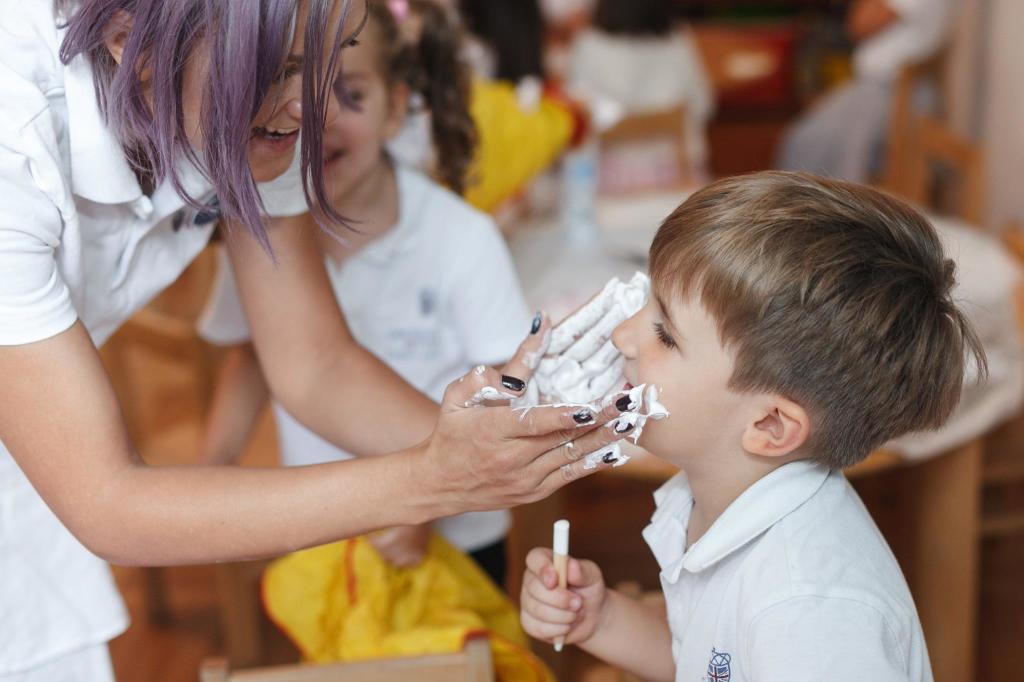Have you noticed that when you are in a good mood, when you feel in the zone it seems that everything goes smoothly and that you easily manage to resolve any situation whether it be connected to work or family. Not even a piece of bad news manages to shake you!
The same happens in children. Even if they are small, they see and feel much more than we give them credit for. They pick up on many things that happen around them but don’t always manage to understand their true sense. Children easily take on states of being, the mood of others around them, especially their mother. As they are young and without experience, they are not capable of changing their mood by themselves. So they need support in order to have a sense of well being, in order to feel comfortable with themselves as well as those around them.
To start at the beginning, let’s see what it means to ‘be well’ which we find numerous times referred to as ‘well being’. Well being doesn’t just mean to be alive, to survive but rather to really live in the truest sense of the word, to find joy in life, to prosper and blossom.
Only that a sense of well being, once reached – is not guaranteed for ever, it is continually built and redefined. It can mean different things in different stages of life and may change according to the influence of external factors (the surrounding social atmosphere) and internal (which depend on each person’s predisposition towards optimism). According to a study carried out in Great Britain by the National Children’s Bureau and London Metropolitan University în 2009 (https://www.teachearlyyears.com), it was found that children reach a state of well being if they experience satisfaction in the here and now, if they find themselves in a favorable environment and have toys and games that they like and if they are joined in these by their mother and friends. For them, notions of time and space are not very clear so everything that happens (where they are and what they experience) in the present moment is most important.
Responses from parents, children and teachers in the above study highlighted the fact that children’s well being depends on:
- The way in which they are valued and amount to which they can express their feelings
- The feeling that they belong to a family, to a group
- Access to spaces within the home and outside dedicated to play
- The way in which their unique qualities are valued and appreciated
- Occasions during which they can let their imagination run free.
Because wellbeing is an accumulation of conditions, it is not enough to for parents and teachers to address only certain aspects of a child’s personality but rather we should keep a holistic approach in view such as activities’ that address the body, mind as well as the soul and creativity.
How can we tell if a child has a sense of well-being?
He/she is curious, has a wish to explore, to try new things, easily interacts with adults and children and the surrounding environment, he/she is enthusiastic about people, food and play, is friendly, empathic and caring; expresses feelings and thoughts, is proud of their achievements and manages to get over failures and is perseverant, confident and affectionate.
Wellbeing is a perquisite but also an aim of learning and educational activities. For this reason Acorns Nursery keeps this central through the relationship between teachers and children, between children themselves as well as through the type of activities that take place, which are practical (eg role play children are able to act out different roles from real life), sensorial activities outside and much more.
In other words, we aim to stimulate the body, mind, spirit, feelings, language through creativity.

